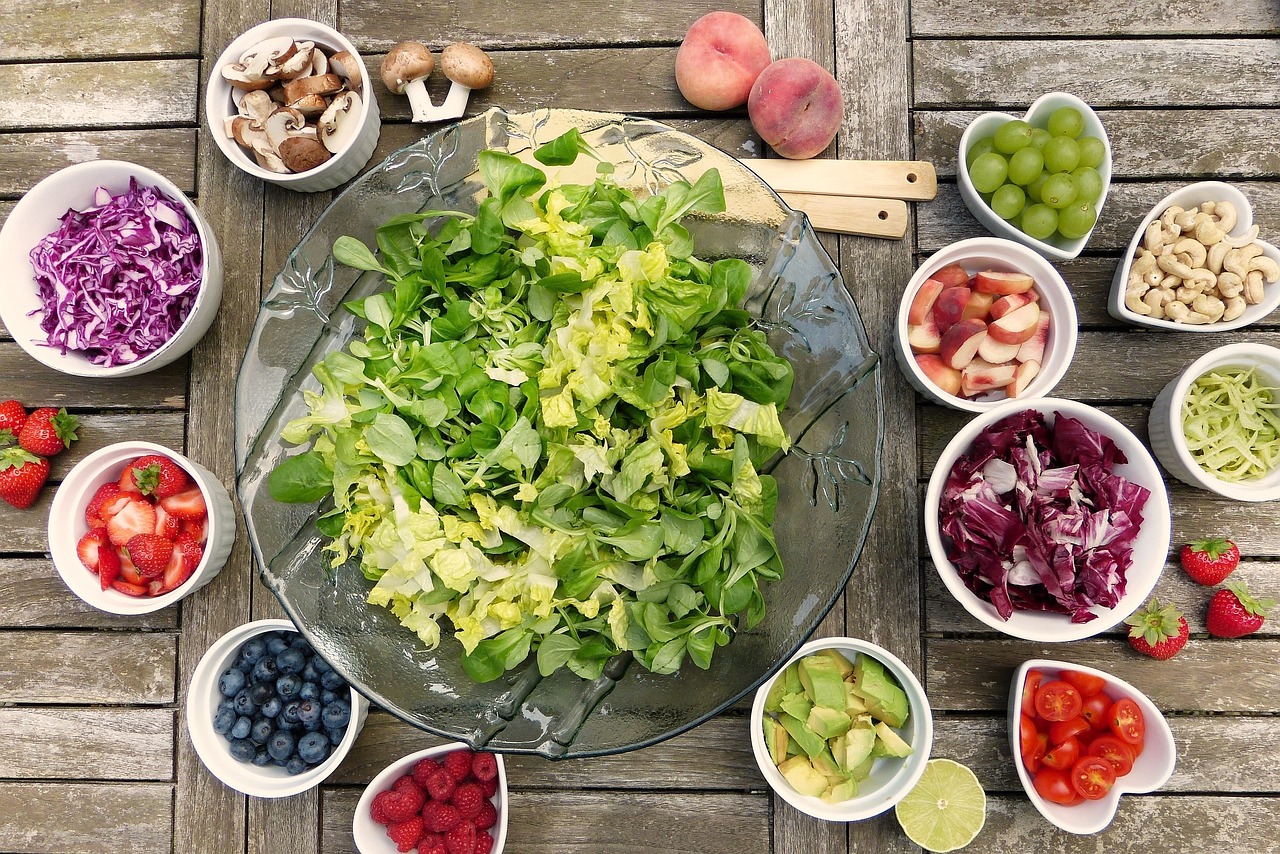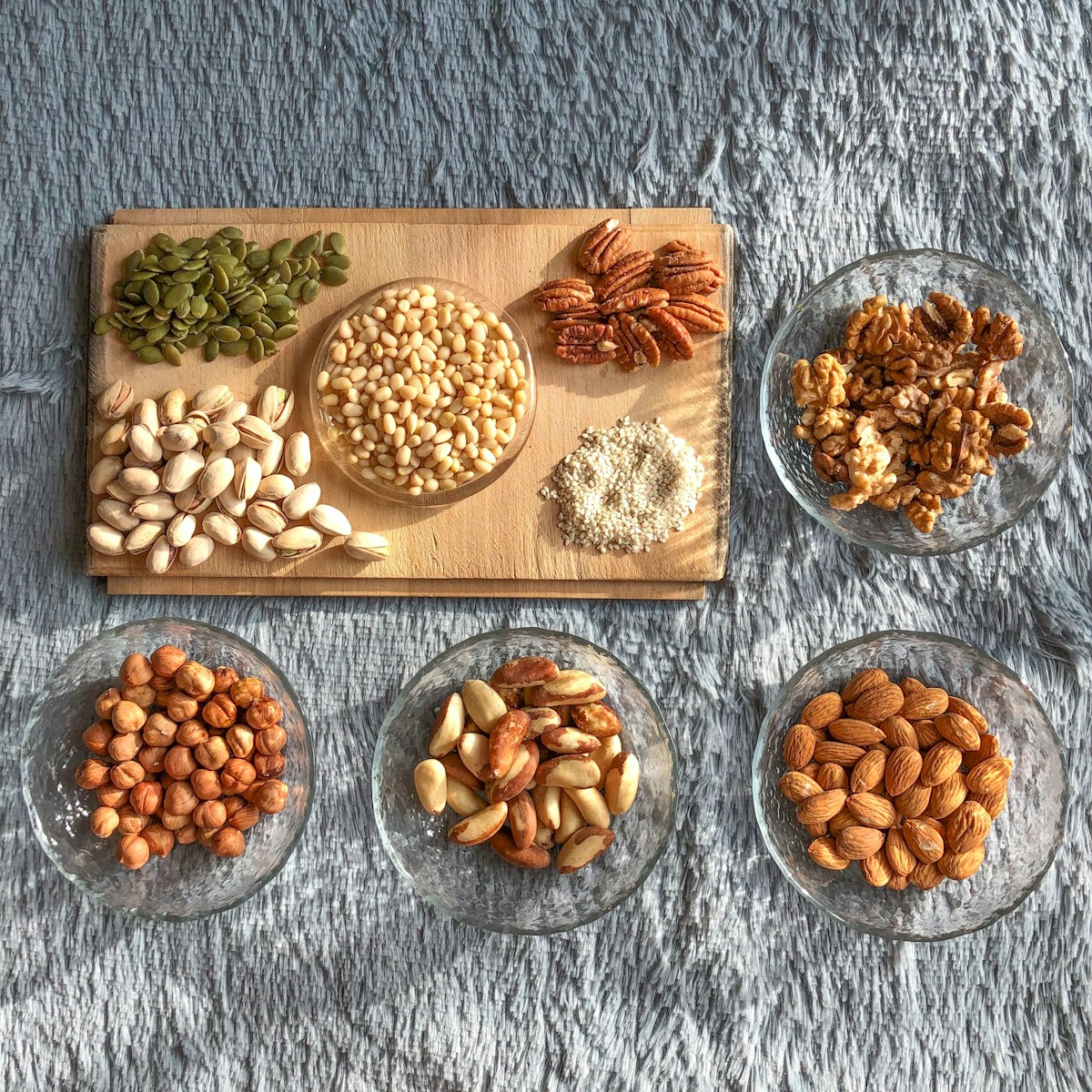The Importance of Soft Foods
Soft foods play a crucial role in the diet of individuals who have difficulty chewing due to various medical conditions. These foods provide a safe and comfortable option for those who struggle with chewing and swallowing solid foods. By exploring the range of soft food options available, caregivers and individuals themselves can ensure that proper nutrition is maintained while minimizing the risk of choking or other complications.

Medical Conditions That Require Soft Diets
There are several medical conditions that may necessitate a soft food diet. These include but are not limited to dysphagia, oral surgery, jaw injuries, stroke, and certain neurological disorders. In these cases, individuals may have difficulty chewing and swallowing, making it essential to provide soft, easy-to-eat food options.
Risks of Not Providing Soft Food Options
Failing to provide soft food options for individuals who have difficulty chewing can have serious consequences. Choking is a significant risk when attempting to consume solid foods without proper mastication. Additionally, inadequate nutrition can result from an inability to eat a balanced diet, leading to malnutrition and other health complications.
Benefits of Soft Foods for Non-Chewers
Soft foods offer numerous benefits for non-chewers. They are easier to swallow, reducing the risk of choking and aspiration. Soft foods can also be more easily digested, making them a suitable choice for individuals with sensitive digestive systems. Moreover, soft foods can be more palatable for those who struggle with eating due to pain or discomfort.

Types of Soft Foods Suitable for Non-Chewers
There is a wide variety of soft foods that are suitable for non-chewers. These include pureed fruits and vegetables, soups, yogurt, oatmeal, mashed potatoes, and soft-cooked grains such as rice or quinoa. It is essential to ensure that these foods are prepared in a way that maintains their nutritional value while making them easy to eat.
Nutritional Considerations for Soft Diets
Nutritional considerations are paramount when planning a soft food diet. It is crucial to ensure that soft foods provide an adequate amount of essential nutrients such as protein, vitamins, and minerals. Care should be taken to incorporate a variety of foods to prevent deficiencies and promote overall health and well-being.
Challenges in Finding Soft Food Options
One of the main challenges in finding soft food options is the limited availability of prepared soft foods in stores or restaurants. Many commercial products marketed as soft foods are often highly processed and lack nutritional value. This can make it difficult for individuals and caregivers to find suitable options that meet their dietary needs.
Creative Ways to Make Soft Foods More Appealing
Despite the challenges, there are creative ways to make soft foods more appealing. Adding herbs, spices, and seasonings can enhance the flavor of pureed or soft foods. Using different textures, such as adding chopped nuts or seeds, can also make meals more interesting and satisfying. Presentation and food styling can further improve the visual appeal of soft foods.

Tips for Caregivers of Non-Chewers
Caregivers of non-chewers play a vital role in ensuring that their loved ones receive proper nutrition and enjoy their meals. Communication with healthcare professionals, meal planning, and experimentation with different soft food recipes are essential strategies for caregivers. It is crucial to be patient, understanding, and flexible when assisting non-chewers with their dietary needs.
Advocating for Better Soft Food Options
Advocating for better soft food options is crucial for improving the quality of life for individuals who require a soft food diet. Caregivers, healthcare professionals, and policymakers can work together to raise awareness about the importance of soft foods and promote the development of more nutritious and accessible options. By advocating for better soft food choices, we can ensure that everyone has access to safe, delicious, and nutritious meals.

Promoting Access to Soft Foods
In conclusion, soft foods are a vital component of the diet for individuals who have difficulty chewing. By exploring the range of soft food options available, considering nutritional needs, and being creative in meal preparation, caregivers can ensure that non-chewers receive the nutrition they need in a safe and enjoyable way. Advocating for better soft food options is essential for improving the quality of life for those who rely on soft diets. By working together to promote access to soft foods, we can ensure that everyone has the opportunity to enjoy delicious and nutritious meals tailored to their unique dietary needs.












